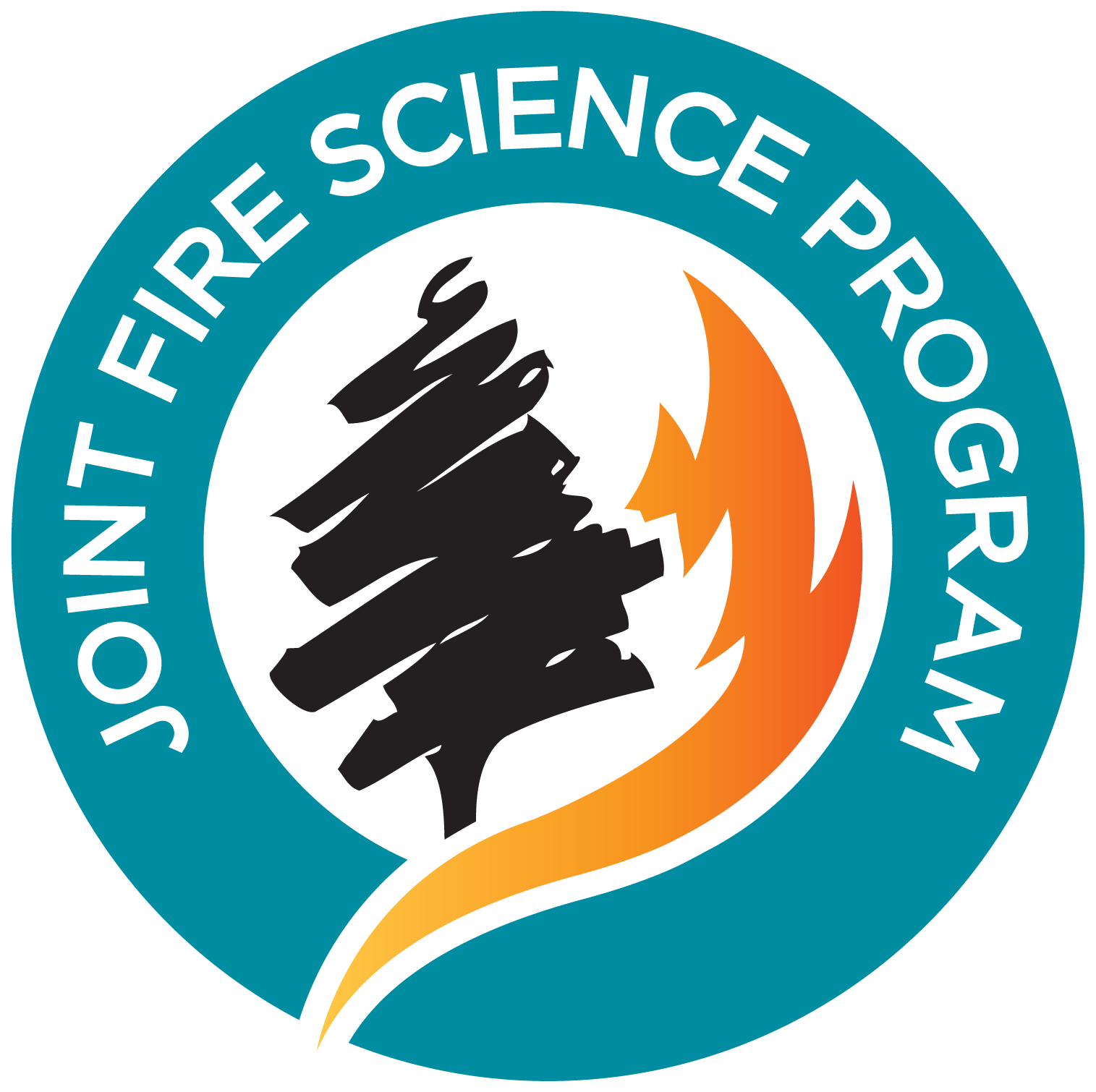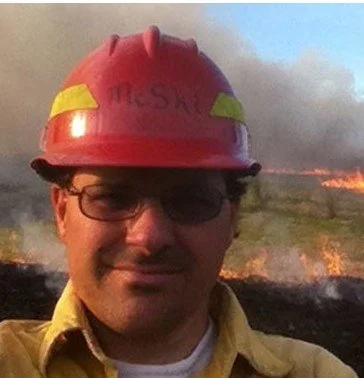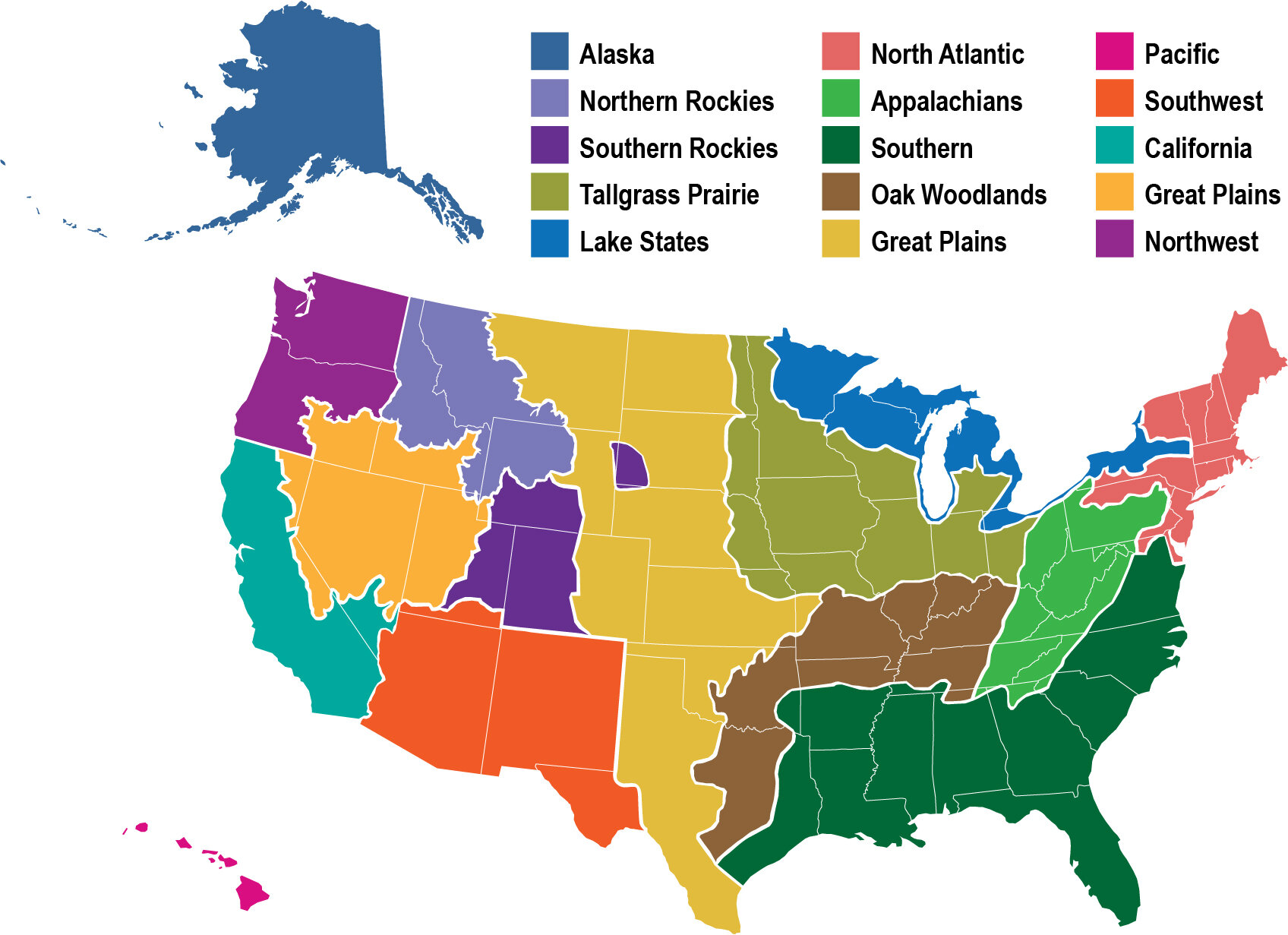Course Description:
Wildland fire managers and practitioners can access the latest fire and fuels science and connect with other wildland fire professionals while completing Introduction to Fire Effects (RX-310) in conjunction with the 11th International Fire Ecology and Management Congress in New Orleans, LA. This course is designed to provide students with the knowledge and skills necessary to recognize and communicate the relationships between basic fire regimes and fire effects, the effects of fire treatments on fire effects, and to manipulate fire treatments to achieve desired fire effects (NWCG 2017) while learning about the latest tools and techniques from wildland fire practitioners and researchers from across the globe. This course is broken down into three components: 1) the course material, where students learn about fire effects on a variety of natural resources, 2) discussions with experts on the expansion and application of the concepts learned in the course material, and 3) the tasksheet, where students practice what they have learned. The course material includes 11 interactive self-paced online units (20 to 22 hours) that will be made available one month before the start of the course and the conference. The discussion requirement will be fulfilled by attending at least 10 concurrent sessions at the conference that relate to the topics covered in the course units. The tasksheet will be fulfilled through independent work, an interview with a subject matter expert at the conference, and a trip to the field where they will observe and discuss fire effects under different conditions.
Course Instructors:
Heather Heward – Lead Instructor
Heather Heward is a Senior Fire Ecology and Management Instructor at the University of Idaho. She earned a BS in Natural Resources Ecology and Conservation Biology with a Minor in Fire Ecology and Management, and an MS in Forest Resources, Emphasis in Fire Ecology, both at U of I. Her research interests include undergraduate instruction and advising, fire and fuel modeling, and prescribed burning.
Jack McGowan-Stinski – Class Coordinator and Instructor
Jack McGowan-Stinski is the Program Manager for the Lake States Fire Science Consortium. Jack has a BS in Wildlife Biology and Water Resources from the University of Wisconsin-Stevens Point and an MS in Conservation Biology from Central Michigan University. Jack began his wildland fire career with the USDA Forest Service on wildfire details in the western and midwestern U.S. and worked with fire management for The Nature Conservancy for over 20 years.
Course Schedule:
-
Online course opens and students work at their own pace to complete 11 interactive units (20-22 hours) of course material about fire effects on a variety of natural resources.
-
Course students will meet virtually with the instructor on Monday, November 17. (The meeting will also be recorded.)
-
There are three field trips to choose from, one on Tuesday Dec 2nd and two on Saturday Dec 6th. Each has a fire treatment component. Chose one that interests you or relates to your job the most, and make the choice in your registration options.
Tuesday Dec 2nd 8:00 am-2:00 pm – NASA Stennis Space Center
Saturday Dec 6th – 8:00 am-5:00 pm – North Shore of Lake Pontchartrain
Saturday Dec 6th – 8:00 am-5:00 pm – Sandhill Crane National Wildlife Refuge
-
Students will attend 10 concurrent Fire Congress sessions on fire effects related research and reflect on these presentations in the online discussion board. Students also have the opportunity to complete the subject matter expert interview during the conference (though the interviews can occur elsewhere if preferred).
-
All work must be completed and submitted online.
Registration:
The course cost is $445 (or $395 with an Association for Fire Ecology membership) and is open to wildland fire managers. There will be an additional $40-$60 field trip fee (depending on the field trip you choose during registration).
Register at this link: https://afefirecongress.org/registration-details/. Course registration INCLUDES access to the Association for Fire Ecology Congress. RX-310 students may use the Association for Fire Ecology group lodging rate: https://afefirecongress.org/venue-travel/.
You will also need to “Request new account” in the Wildland Fire Learning Portal: https://www.wildlandfirelearningportal.net/login/index.php. In the Other Fields section of the form, under the Agency dropdown, if none of the listed options apply to you select “HigherEd”.





